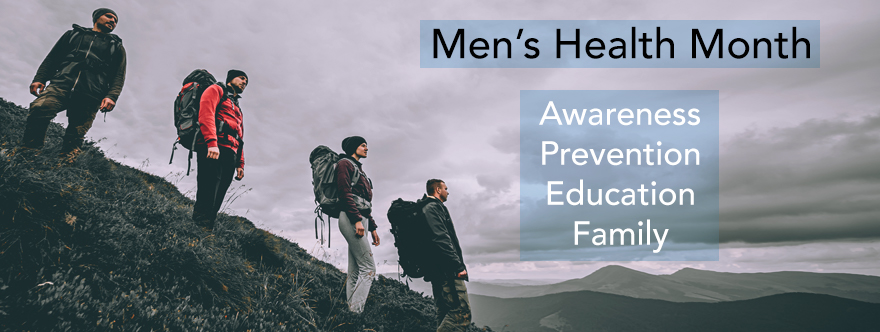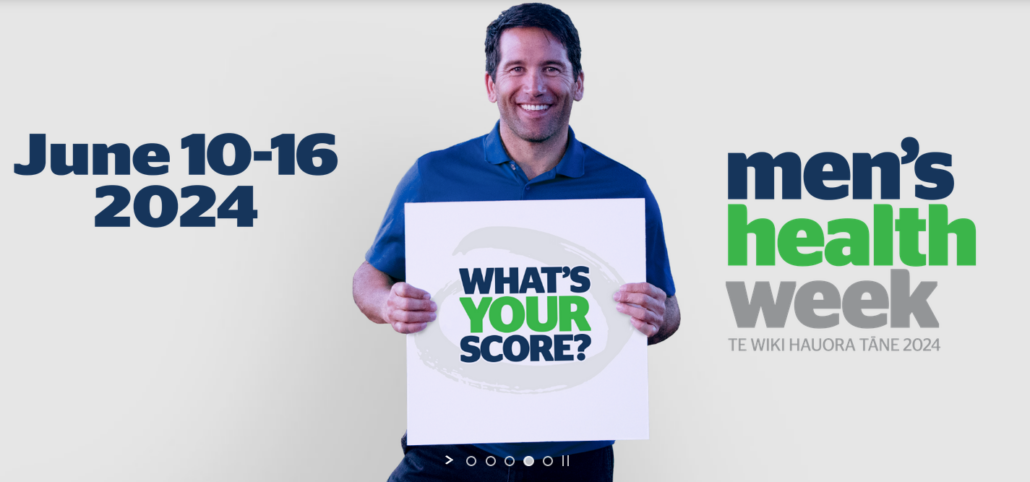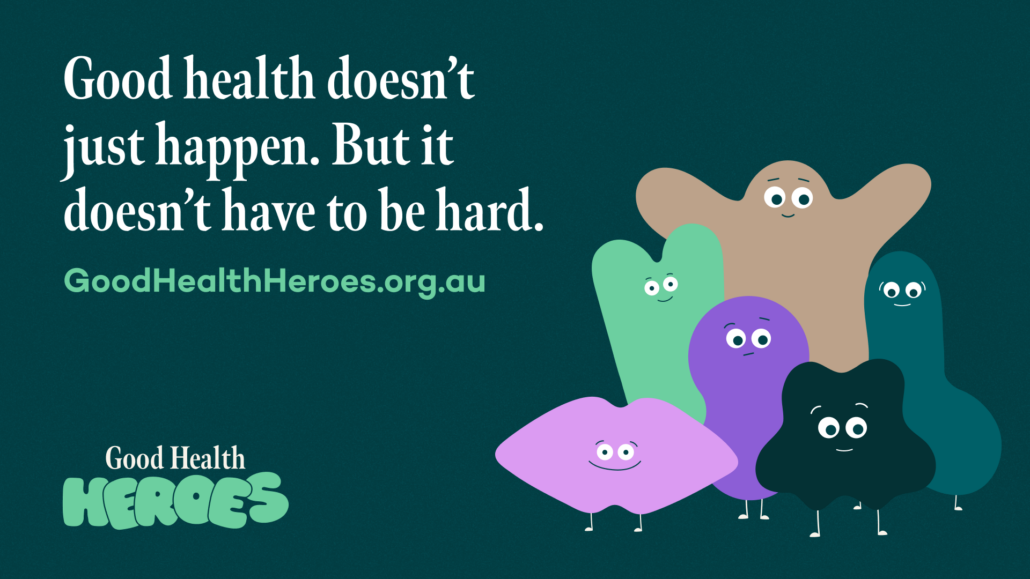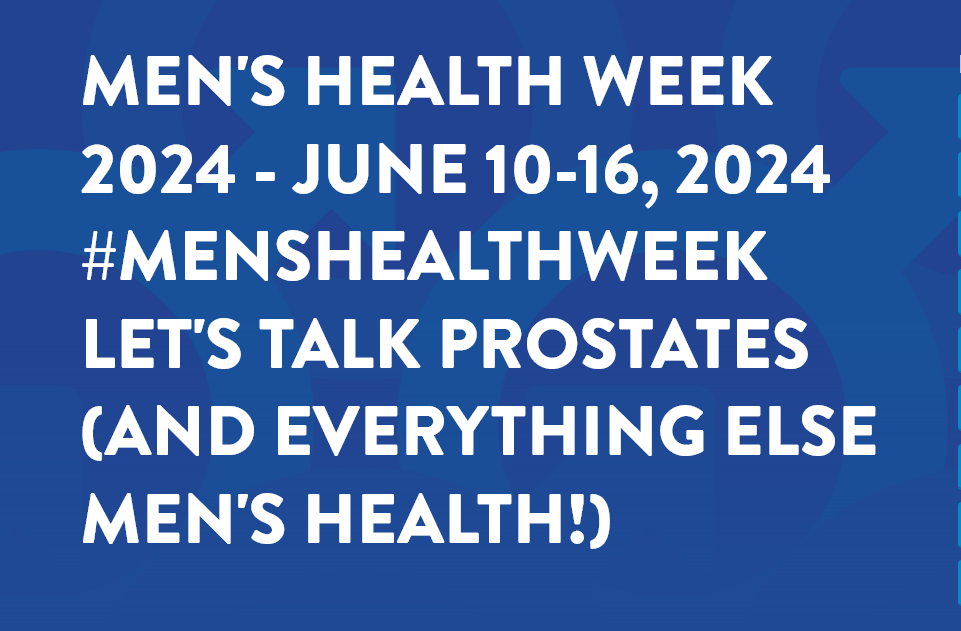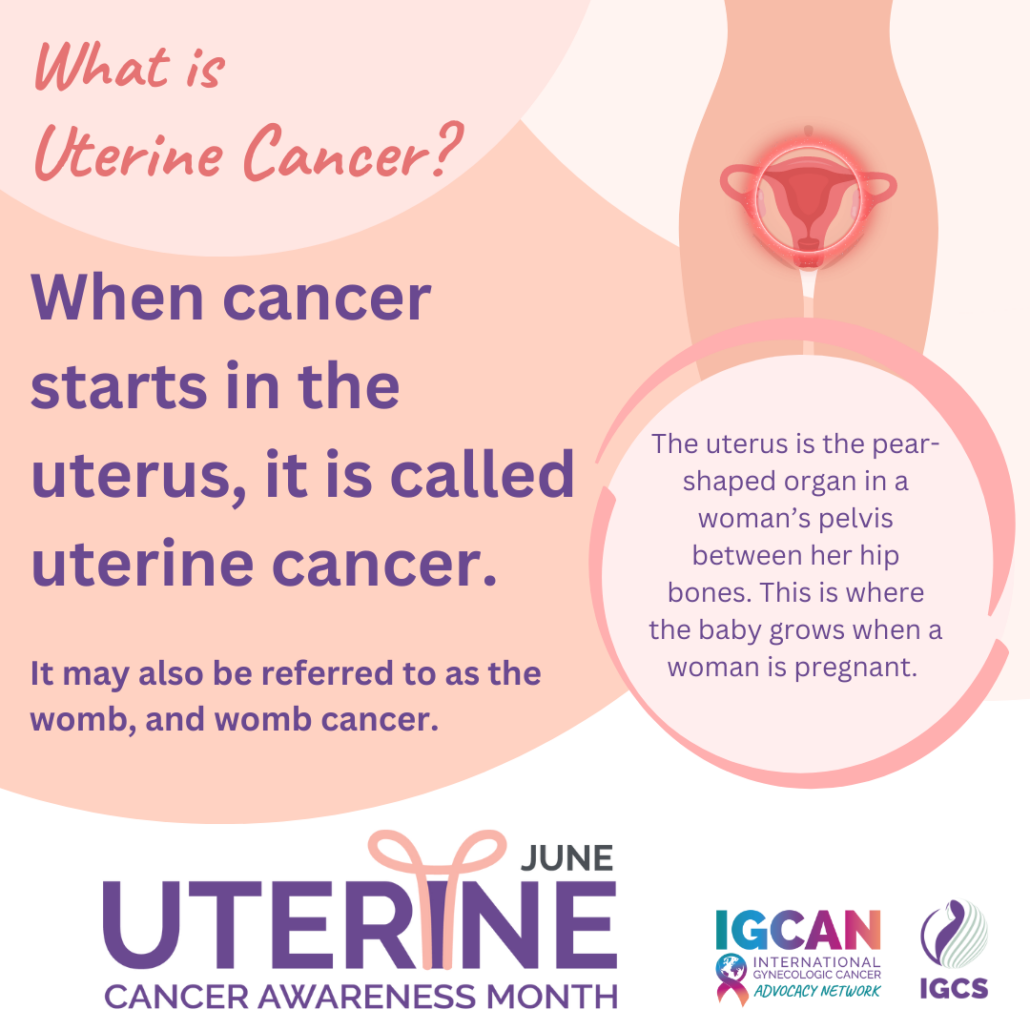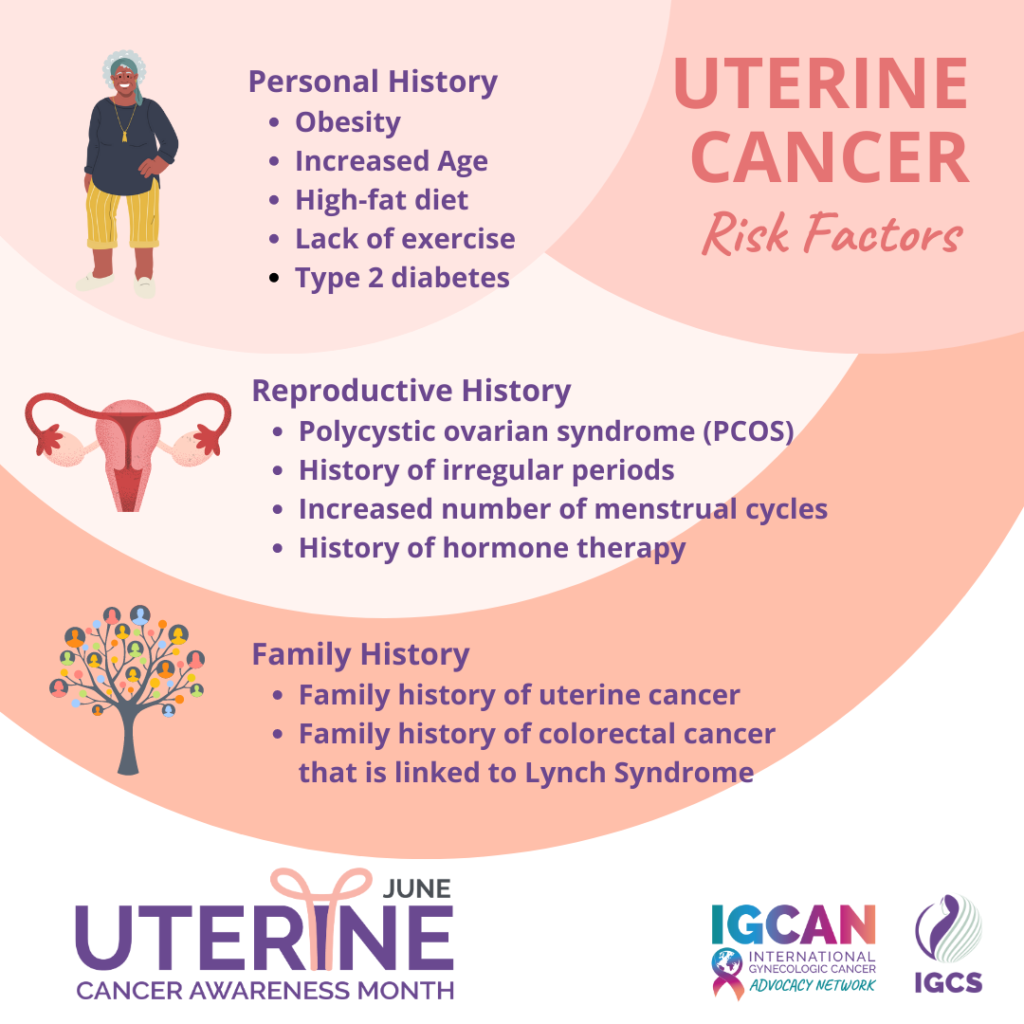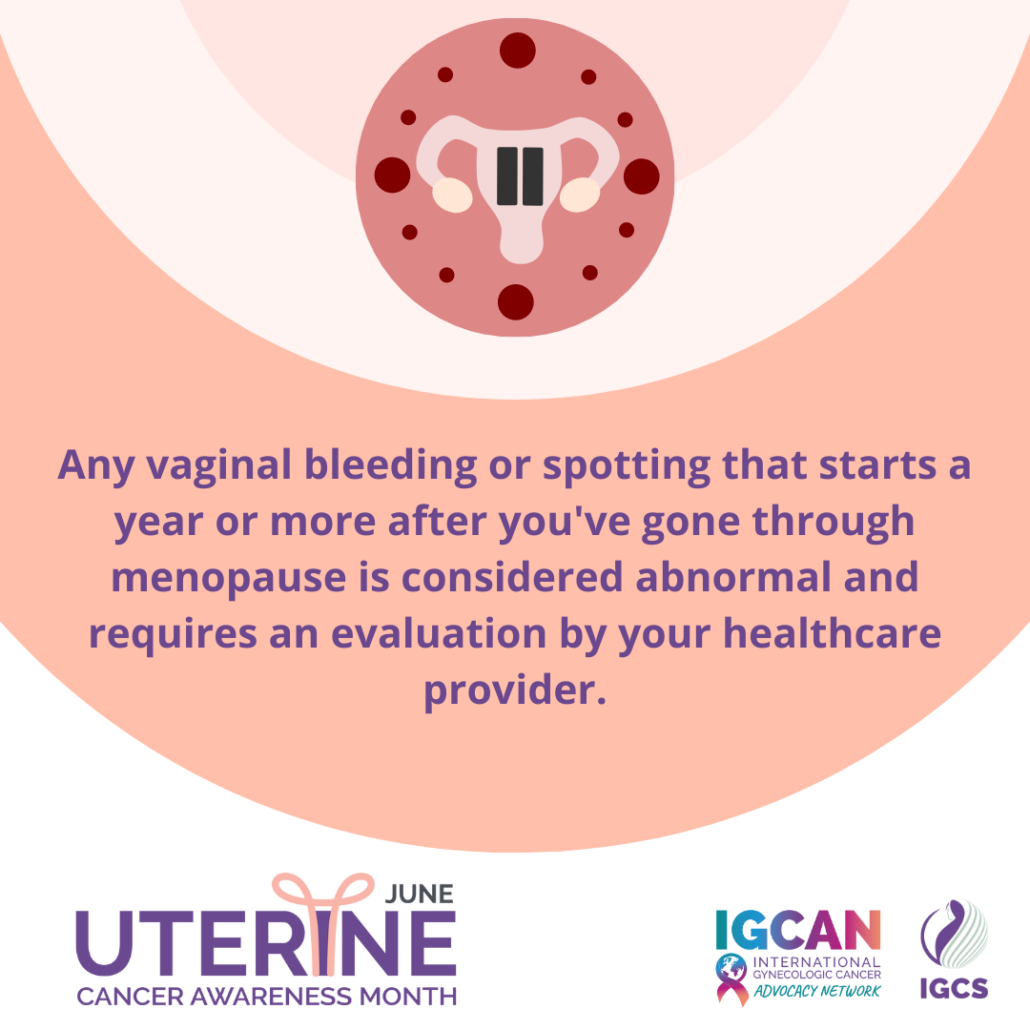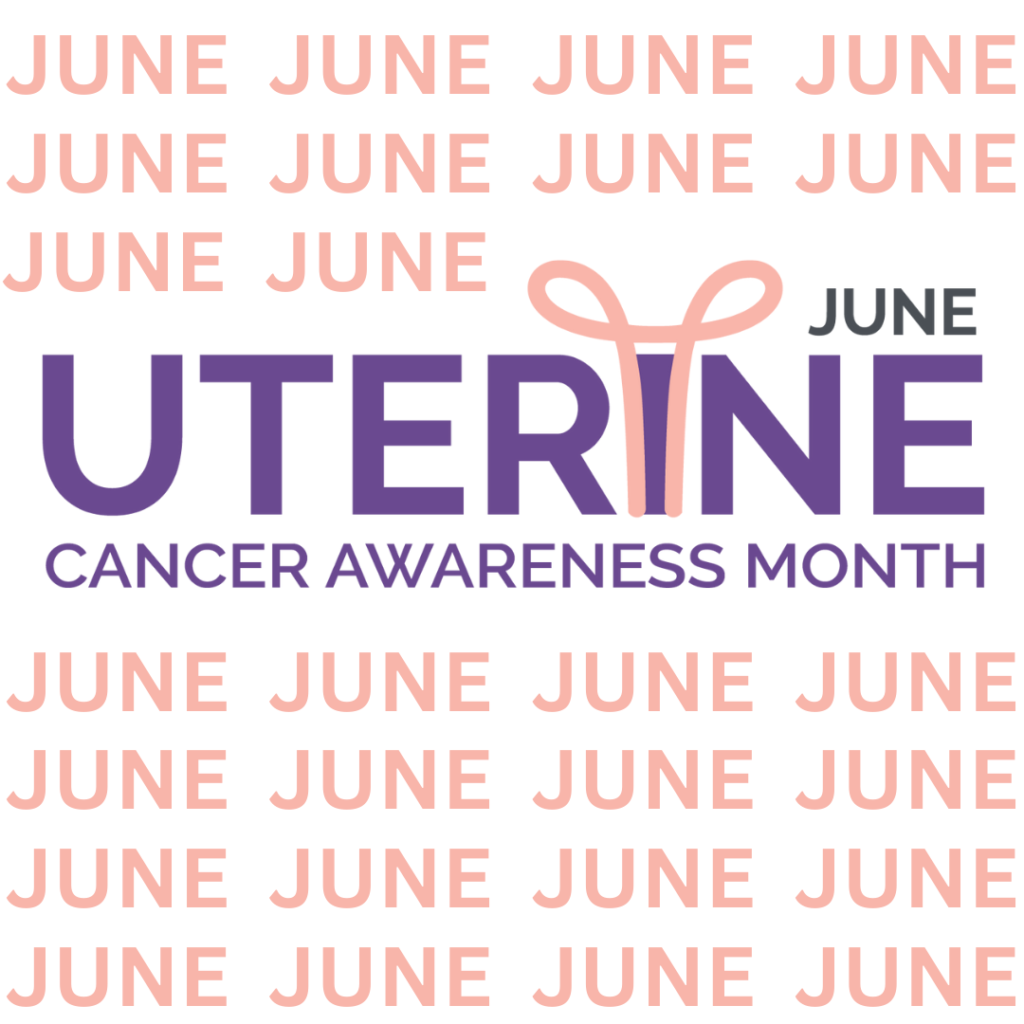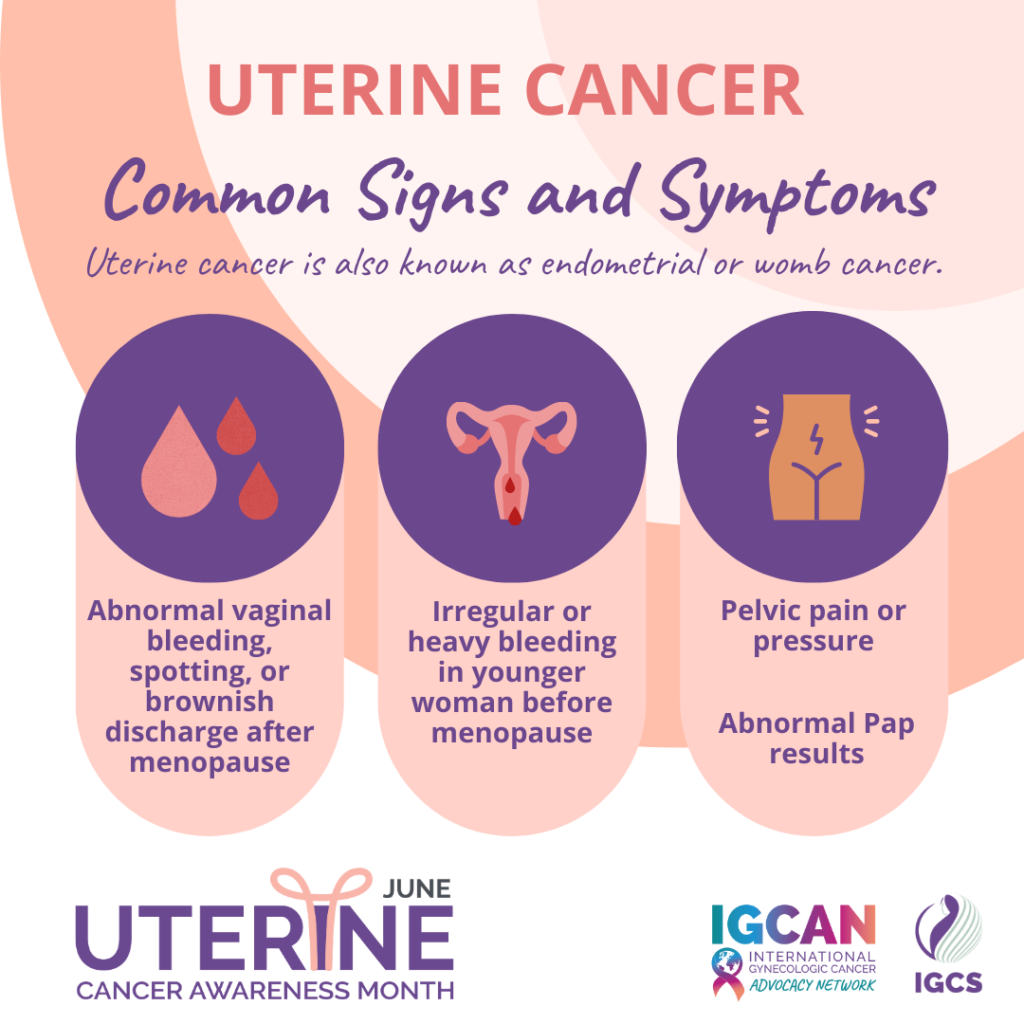Have you been prescribed antidepressants to treat hot flushes or hot flashes even though you do not feel depressed? Antidepressants can be used to treat hot flushes.
Antidepressants for Hot Flushes
Can antidepressants be used to treat hot flushes or hot flashes?
On page two in Menopause Management Options: Non-Hormonal Options – Non-hormonal Prescription Medication: Antidepressants the (Australian) Jean Hailes for Women’s Health (JH) explain:
Note: Paroxetine and fluoxetine can reduce the effectiveness of some cancer treatment medications”.
In Hot Flashes: Diagnosis & Treatment – Treatment: Antidepressants the (United States) Mayo Clinic elaborate on:
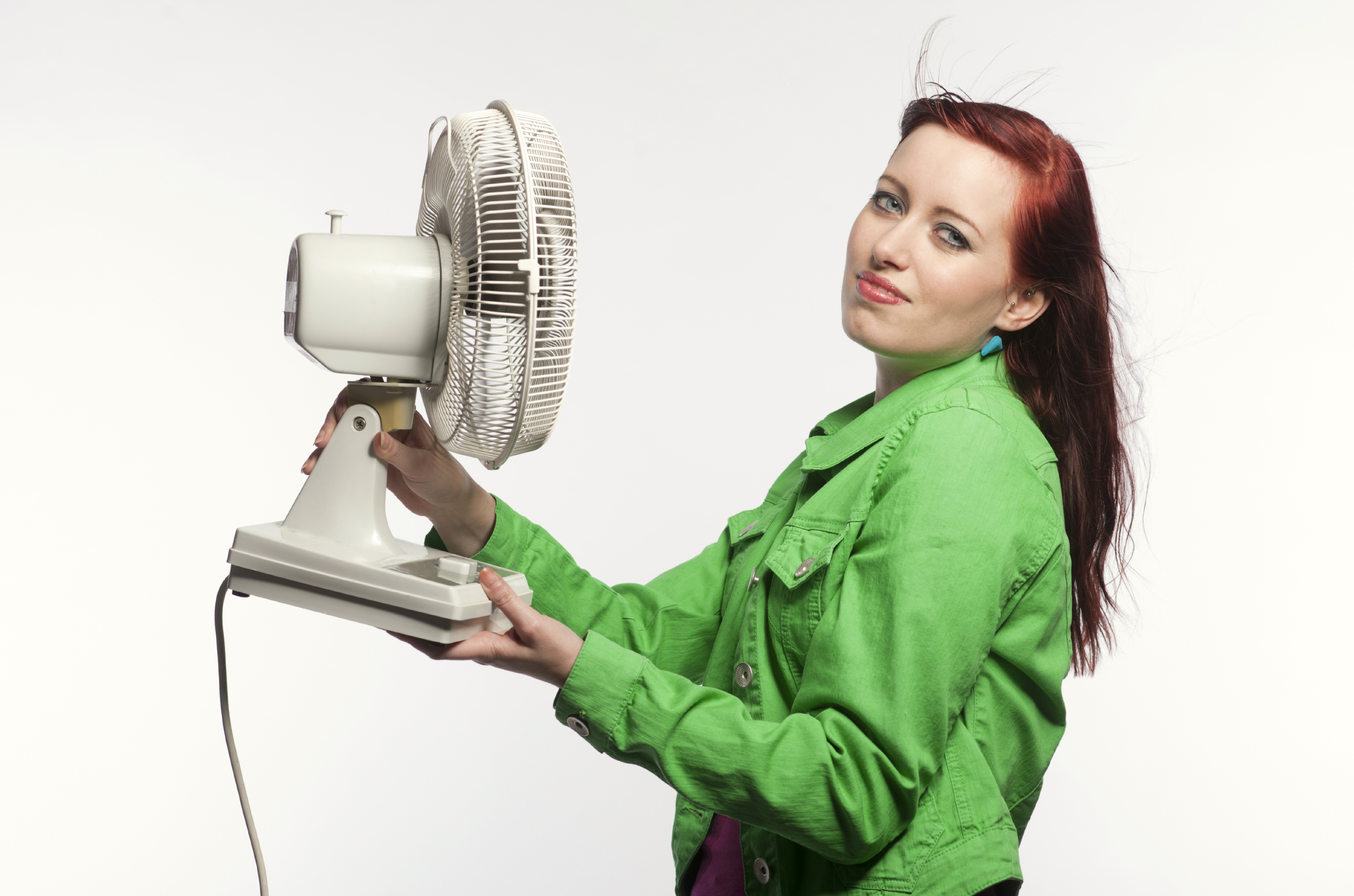 “A low-dose form of paroxetine (Brisdelle) is the only nonhormone treatment for hot flashes approved by the U.S. Food and Drug Administration. Other antidepressants that have been used to treat hot flashes include:
“A low-dose form of paroxetine (Brisdelle) is the only nonhormone treatment for hot flashes approved by the U.S. Food and Drug Administration. Other antidepressants that have been used to treat hot flashes include:
- Venlafaxine (Effexor XR)
- Paroxetine (Paxil, Pexeva)
- Citalopram (Celexa)
- Escitalopram (Lexapro)
These medications aren’t as effective as hormone therapy for severe hot flashes, but they can be helpful to women who can’t use hormones. Possible side effects include nausea, difficulty sleeping or drowsiness, weight gain, dry mouth or sexual dysfunction”.
In Hot Flashes: How Do I Treat A Hot Flash? Non-hormonal Medications the (United States) Cleveland Clinic explain:
- Venlafaxine (Effexor®)…
- Desvenlafaxine (Pristiq®)…
- Fluoxetine (Prozac®)…
- Paroxetine (Paxil®, Brisdelle®)…
- Escitalopram (Lexapro®)…
- Gabapentin (Neurontin®)…
- Clonidine (Catapres®)…”.
In The 2023 Practitioner’s Toolkit for Managing Menopause: Management – Menopausal Hormone Therapy, published online 30 October 2023, the authors elaborate on:
The selective serotonin reuptake inhibitors and serotonin-norepinephrine reuptake inhibitors are effective in some, but not all, women with VMS. Paroxetine, 7.5 mg/day, has regulatory approval for VMS in the USA.
Fezolinetant is a neurokinin 3B receptor antagonist that acts centrally in the brain to reduce VMS. It may improve sleep quality by reducing nocturnal VMS. Fezolinetant has been approved for the treatment of VMS at a dose of 45 mg/day in some countries.
Low-dose oxybutynin has been found to be effective for treatment of VMS either as a standard low-dose or extended-release formulation.
Other potential, but probably less effective, options include clonidine and gabapentin/pregabalin. Clonidine may be prescribed for VMS for women who cannot take estrogen at a dose of 100–150 μg/day, although the effect is modest and it is not consistently recommended…”.
2023 Nonhormone Therapy Position Statement of The North American Menopause Society
What did the Nonhormone Therapy Position Statement of The North American Menopause Society include?
In The 2023 Nonhormone Therapy Position Statement of The North American Menopause Society: Methods Prescription Therapies: Selective Serotonin Reuptake Inhibitors and Serotonin-Norepinephrine Reuptake Inhibitors, published May 2023, the authors elaborate on:
What is VMS?
VMS can be an abbreviation for Vasomotor Symptoms such as hot flushes and night sweats.
What is RCTs?
RCTs can be an abbreviation for Randomized Controlled Trials.
Where may I find Links related to the 2023 Nonhormone Therapy Position Statement of The North American Menopause Society?
Your Country may have Links similar to:
Hot Flushes + Depression
Do antidepressants used to manage hot flushes also treat depression?
In Hot Flashes: What Can I Do? Non-Hormonal Medications To Treat Hot Flashes the (United States) National Institute on Aging (NIA) note:
Health Care Provider
What if I would like to try an antidepressant to treat my hot flushes?
In Hot Flashes: What Can I Do? Non-Hormonal Medications To Treat Hot Flashes the NIA also note:
 “As with any medication, talk with your doctor about whether this is the right medication for you and how you might manage any possible side effects”.
“As with any medication, talk with your doctor about whether this is the right medication for you and how you might manage any possible side effects”.Health Topics A-Z
Where may I find Health Topics A-Z related to Antidepressants for Hot Flushes?
In Health Topics A-Z you may find:
Links
Where may I find Links related to Antidepressants for Hot Flushes?
Your Country may have Links similar to:
Links
This Links List to third party websites is neither comprehensive nor exhaustive. Inclusion on this Links List does not imply endorsement or recommendation. Non-inclusion on this Links List does not imply non-endorsement or non-recommendation. Third party websites are not under the control of Meno Martha International Menopause Directory. Third party websites may contain explicit medical images and/or sexual references. Please read Meno Martha International Menopause Directory’s Links Policy before proceeding to a Link. Please contact Webmaster if you experience a problem with a Link.New or Updated
- Menopause and HRT: Fact and Fiction [31 May 2024]
- The 2023 Practitioner’s Toolkit for Managing Menopause [30 October 2023]
- The Women’s Health Initiative Randomized Trials and Clinical Practice [01 May 2024]
- Video Series-2024: Preparing for Your Menopause Health Care Visit [13 January 2024]
- What if HRT isn’t right for me? And is cold-water swimming really the answer to everything? Your Menopause Questions Answered [13 May 2024]
- Askearlymenopause.org [Ask EM] [+ Video: What Is Early Menopause?]
- Dr Louise Newson: The Truth About the Menopause & HRT
- Find A Menopause Practitioner [United States and Other]
- Find An AMS Doctor [Australasian Menopause Society i.e. Australia and New Zealand]
- Find Your Nearest BMS Menopause Specialist [British Menopause Society]
- Hormone Therapy: Four Things A Mayo Clinic Women’s Health Specialist Wants You To Know [+ Video Courtesy: Mayo Clinic News Network. Name Super/CG: Taryn Smith, M.D./Internal Medicine/Mayo Clinic]
- Hot Flashes: Non-Hormonal Medications
- Hot Flashes: Diagnosis & Treatment – Treatment: Antidepressants
- Hot Flashes: What Can I Do? [+ Video: What Are the Signs and Symptoms of Menopause?]
- Later Years (Around 50 Years and Over): Menopause and Post Menopause Health – Hormone Replacement Therapy (HRT) [+ Video: Is HRT Bad for You?] [Other Languages and Formats]
- Menopause Map: My Personal Path Print Tools – Questions for Your Health Care Provider

- Menopause and HRT: Fact and Fiction
- Mayo Clinic Minute: Perimenopause and Menopause [+ Video Courtesy: Mayo Clinic News Network]
- Menopause: Understanding the Changes and Finding Relief | Dr Susan Davis | The Proof Podcast EP 256
- Navigating Menopause: Expert Insights and Solutions | Dr Susan Davis | The Proof Podcast EP 245
- Navigating Menopause: Honest Answers To All Your Questions [+ Video: What To Expect in Menopause]
- Selective Serotonin Reuptake Inhibitors
- Selective Serotonin Reuptake Inhibitors (SSRIs)
- The 2023 Practitioner’s Toolkit for Managing Menopause
- The 2023 Nonhormone Therapy Position Statement of The North American Menopause Society
- The 2023 Nonhormone Therapy Position Statement of The North American Menopause Society
- The Women’s Health Initiative Randomized Trials and Clinical Practice
- Video Series-2023: NAMS 2023 Nonhormone Therapies Position Statement for Bothersome Menopause Symptoms
- Video Series-2023: New FDA-Approved Nonhormone Option for the Treatment of Hot Flashes
- Videos and Podcasts: Videos – Interviews: A Simple Approach To Menopause: The Menopause Quick Six (www.MQ6.ca)
- Webinars: Previous – Non-Hormonal Pharmacological Interventions For VMS
- Webinars: Previous – Non-Pharmacological Interventions For VMS
- What Are the Most Common Symptoms of Menopause? And Which Can Hormone Therapy Treat?
- What if HRT isn’t right for me? And is cold-water swimming really the answer to everything? Your Menopause Questions Answered
- What’s the Best Nonhormonal Therapy for Hot Flashes? Experts Release New Menopause Therapy Guidelines




